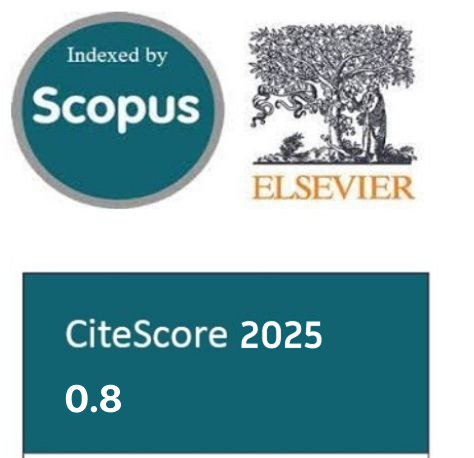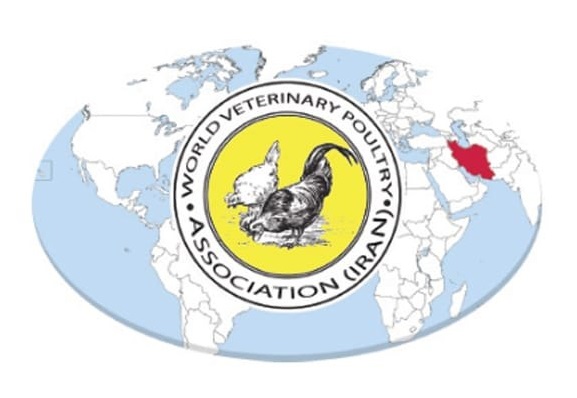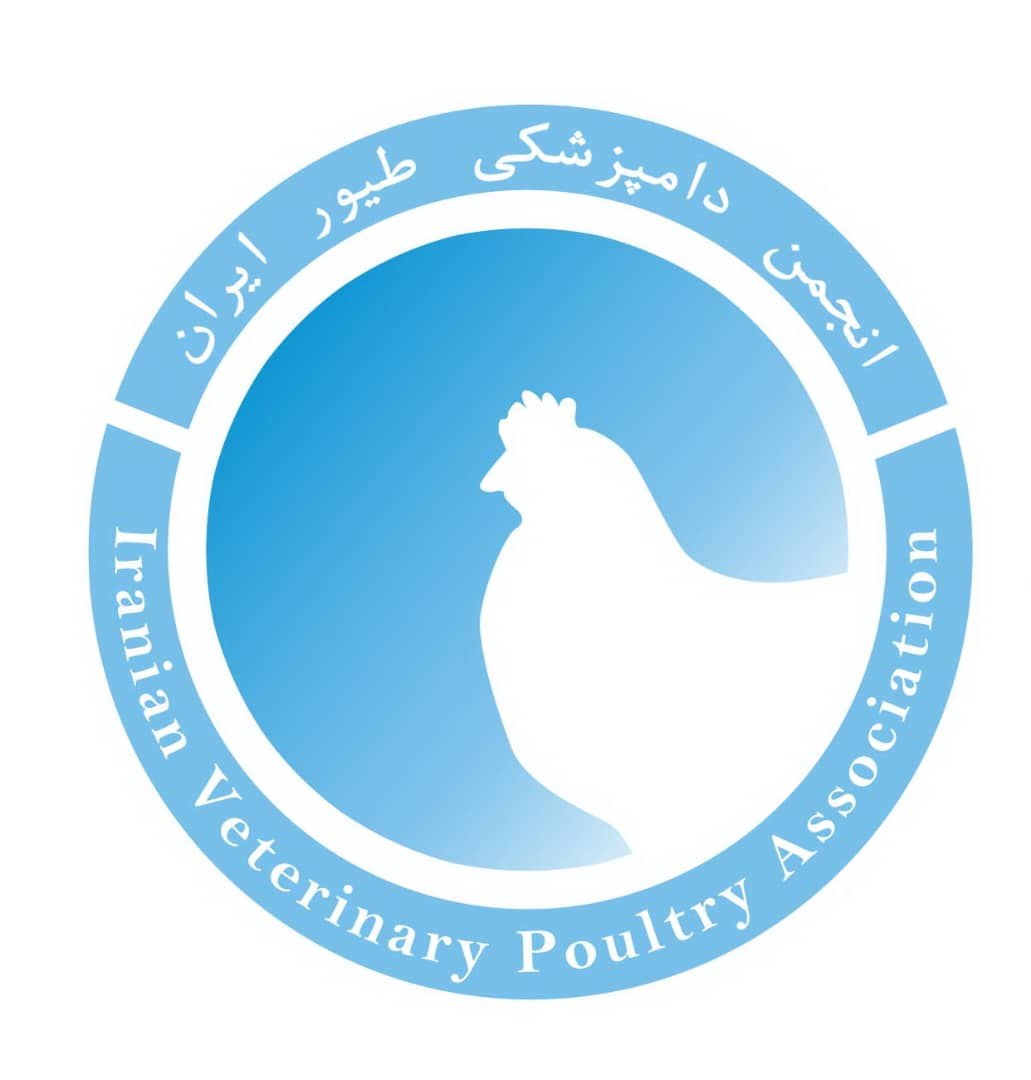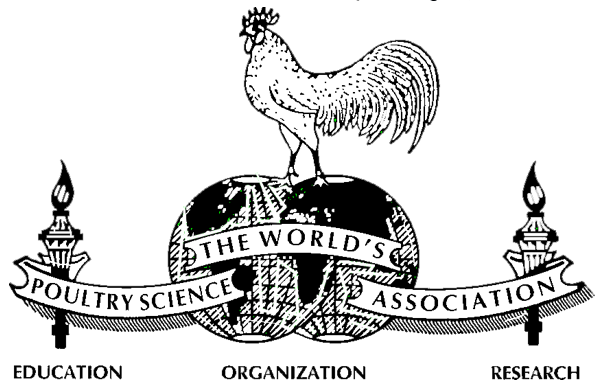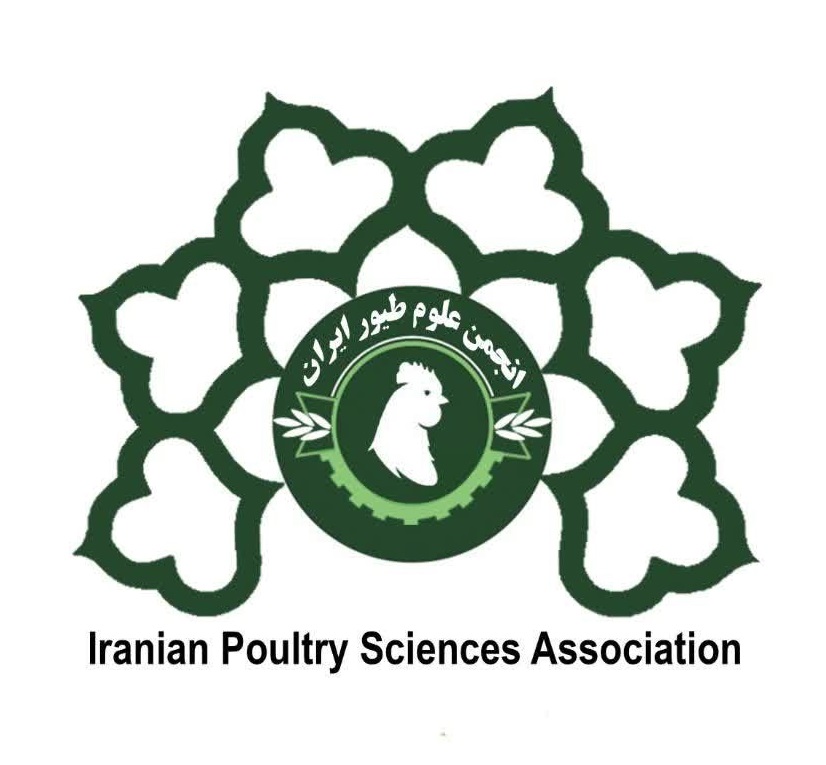Evaluation of prebiotic supplementation on lipid peroxidation and hematologic parameters of broilers with ascites
Keywords:
Antioxidant, Ascites, Broiler, Lipid peroxidation, TriiodothyronineAbstract
Ascites or pulmonary hypertension syndrome is one of the common complications in the poultry industry, which is associated with symptoms such as increased pulmonary artery pressure, dilatation and hypertrophy of the right ventricle. Previous experiments have proven that the measurement of lipid peroxidation is a key indicator for detecting oxidative stress. It has also been determined that the ratio of heterophile/lymphocyte increases in stress conditions and can be helpful in the diagnosis of oxidative stress. Considering the antioxidant role of prebiotics, there is a possibility that these compounds can reduce the oxidative stress in pulmonary hypertension. In the current study, in order to measure this hypothesis, 135 pieces of broilers were purchased and divided into three groups of 45 pieces in three repetitions: sham group: basal diet, control group: basal diet + triiodothyronine (T3) (1.5 mg/kg) to induce ascites, and treatment group: basal diet + T3 (1.5 mg/kg) + Safmannan (1000 grams per ton) from one day old. At the age of 21, 35, and 49 days, 9 chickens from each group were randomly selected and after blood sampling, blood parameters including lymphocytes, heterophil, heterophil/lymphocyte and and the ratio of right ventricular to the total ventricles (RV/TV) weight as well as lipid peroxidation were assayed. According to the findings, the RV/TV increased significantly at the age of 49 days in the positive control group and reached above 0.29, which indicates the presence of ascites in this group (P<0.05). The ratio of heterophils to lymphocytes at the age of 49 days in the prebiotic treatment group demonstrated a meaningful reduction compared to the positive control group, and also the amount of lipid peroxidation at the ages of 35 and 49 days in the prebiotic treatment group decreased compared to the positive control group (P<0.05). According to the results of the current research, Safmannan prebiotic was able to remarkably decrease the amount of oxidative stress caused by ascites.
Downloads
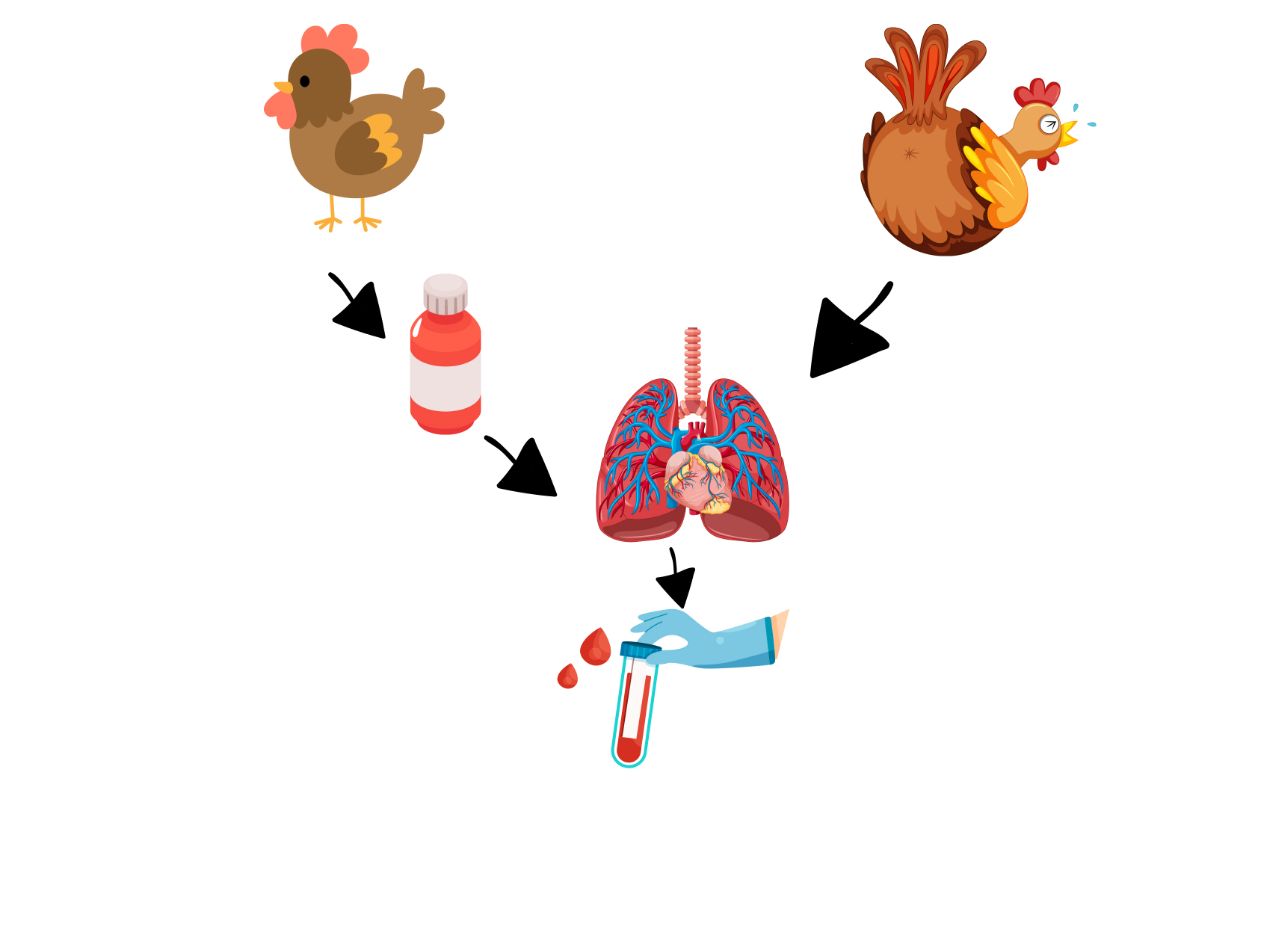
Downloads
Published
Issue
Section
License
Copyright (c) 2024 Hamed Zarei, Sirous Nemati (Author)

This work is licensed under a Creative Commons Attribution-NonCommercial 4.0 International License.


